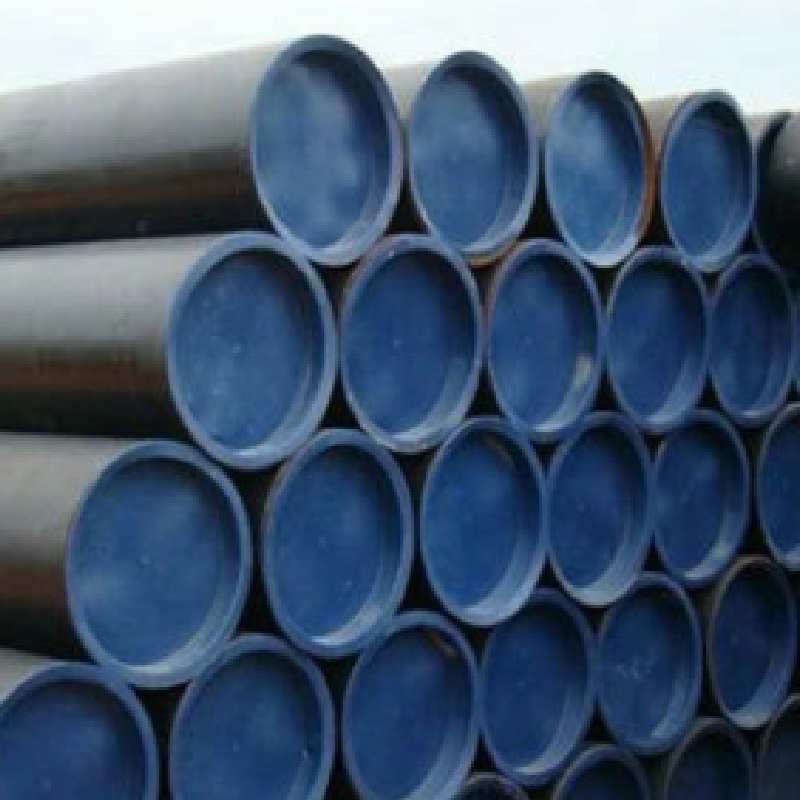-
Cangzhou Yulong Steel Co., Ltd.
-
Phone:
+86 13303177267 -
Email:
admin@ylsteelfittings.com
- English
- Arabic
- Italian
- Spanish
- Portuguese
- German
- kazakh
- Persian
- Greek
- French
- Russian
- Polish
- Thai
- Indonesian
- Vietnamese
- Zulu
- Korean
- Uzbek
- Hindi
- Serbian
- Malay
- Ukrainian
- Gujarati
- Haitian Creole
- hausa
- hawaiian
- Hebrew
- Miao
- Hungarian
- Icelandic
- igbo
- irish
- Japanese
- Javanese
- Kannada
- Khmer
- Rwandese
- Afrikaans
- Albanian
- Amharic
- Armenian
- Azerbaijani
- Basque
- Belarusian
- Bengali
- Bosnian
- Bulgarian
- Catalan
- Cebuano
- China
- China (Taiwan)
- Corsican
- Croatian
- Czech
- Danish
- Esperanto
- Estonian
- Finnish
- Frisian
- Galician
- Georgian
- Kurdish
- Kyrgyz
- Lao
- Latin
- Latvian
- Lithuanian
- Luxembourgish
- Macedonian
- Malgashi
- Malayalam
- Maltese
- Maori
- Marathi
- Mongolian
- Myanmar
- Nepali
- Norwegian
- Norwegian
- Occitan
- Pashto
- Dutch
- Punjabi
- Romanian
- Samoan
- Scottish Gaelic
- Sesotho
- Shona
- Sindhi
- Sinhala
- Slovak
- Slovenian
- Somali
- Sundanese
- Swahili
- Swedish
- Tagalog
- Tajik
- Tamil
- Tatar
- Telugu
- Turkish
- Turkmen
- Urdu
- Uighur
- Welsh
- Bantu
- Yiddish
- Yoruba

Oct . 22, 2024 06:05 Back to list
Understanding ANSI 900 Flanges and Their Applications in Pipeline Systems
Understanding ANSI 900 Flanges A Comprehensive Overview
Flanges are essential components in piping systems that facilitate the connection of pipes, valves, and fittings, creating a robust and secure network for the transportation of fluids. Among the various flange standards, the ANSI (American National Standards Institute) is one of the most recognized, with ANSI 900 flanges standing out due to their specific pressure ratings and applications.
What Are ANSI Flanges?
ANSI flanges are designed according to the standards set forth by the American National Standards Institute, which governs the performance and specifications of flanges used in industrial piping. These flanges come in various pressure ratings, which are crucial for determining the flange’s capabilities in withstanding internal pressure. ANSI 900 flanges refer specifically to those with a pressure rating of 900 pounds per square inch (psi). This high rating makes them suitable for high-pressure environments, such as oil and gas, chemical processing, and power generation industries.
Specifications and Dimensions
ANSI 900 flanges typically conform to ANSI/ASME B16.5 and B16.47 standards, which define their construction, dimensions, materials, and performance specifications. The flanges are available in various sizes, ranging from ½ inch to 24 inches in diameter, and can be found in several different materials, including carbon steel, stainless steel, and alloy steel. The specific thickness and dimensions of an ANSI 900 flange will correspond to its size and material, ensuring it can handle the specified pressure ratings while maintaining integrity.
Applications of ANSI 900 Flanges
Due to their robust design and high-pressure rating, ANSI 900 flanges are commonly employed in several critical applications
1. Oil and Gas Industry These flanges are widely used in offshore platforms and onshore facilities to handle the transportation of crude oil and natural gas safely.
ansi 900 flange

2. Chemical Processing In environments where corrosive chemicals are transported, ANSI 900 flanges made from stainless steel or other resistant materials provide the necessary durability and safety.
3. Power Generation In power plants, ANSI 900 flanges are used in boilers, turbines, and other equipment where high pressure is a common occurrence.
4. Water Treatment Facilities These flanges are also integral to municipal water systems, ensuring safe and effective transport of water and wastewater.
Installation and Maintenance Considerations
Proper installation of ANSI 900 flanges is critical to prevent leaks and failures. When installing these flanges, it's important to follow procedures that include proper surface preparation, alignment, and the use of appropriate gaskets. The bolts should be tightened to specified torque levels to ensure a secure fit.
Regular maintenance checks are also essential. Inspecting for signs of wear, corrosion, or any other damage can help identify potential issues before they result in significant problems. Additionally, ensuring that the system operates within the specified pressure rating will prolong the lifespan of the flanges and the entire piping system.
Conclusion
ANSI 900 flanges play a vital role in many industrial applications that rely on reliable piping systems to transport fluids effectively under high pressure. Understanding their specifications, applications, and maintenance needs can help engineers and technicians ensure the safety and efficiency of their systems. As industries continue to evolve and expand, the importance of ANSI 900 flanges will remain, making them an integral part of modern engineering solutions.
Latest news
-
ANSI 150P SS304 SO FLANGE
NewsFeb.14,2025
-
ASTM A333GR6 STEEL PIPE
NewsJan.20,2025
-
ANSI B16.5 WELDING NECK FLANGE
NewsJan.15,2026
-
ANSI B16.5 SLIP-ON FLANGE
NewsApr.19,2024
-
SABS 1123 FLANGE
NewsJan.15,2025
-
DIN86044 PLATE FLANGE
NewsApr.19,2024
-
DIN2527 BLIND FLANGE
NewsApr.12,2024
-
JIS B2311 Butt-Welding Fittings LR/SR 45°/90° /180°Seamless/Weld
NewsApr.23,2024











